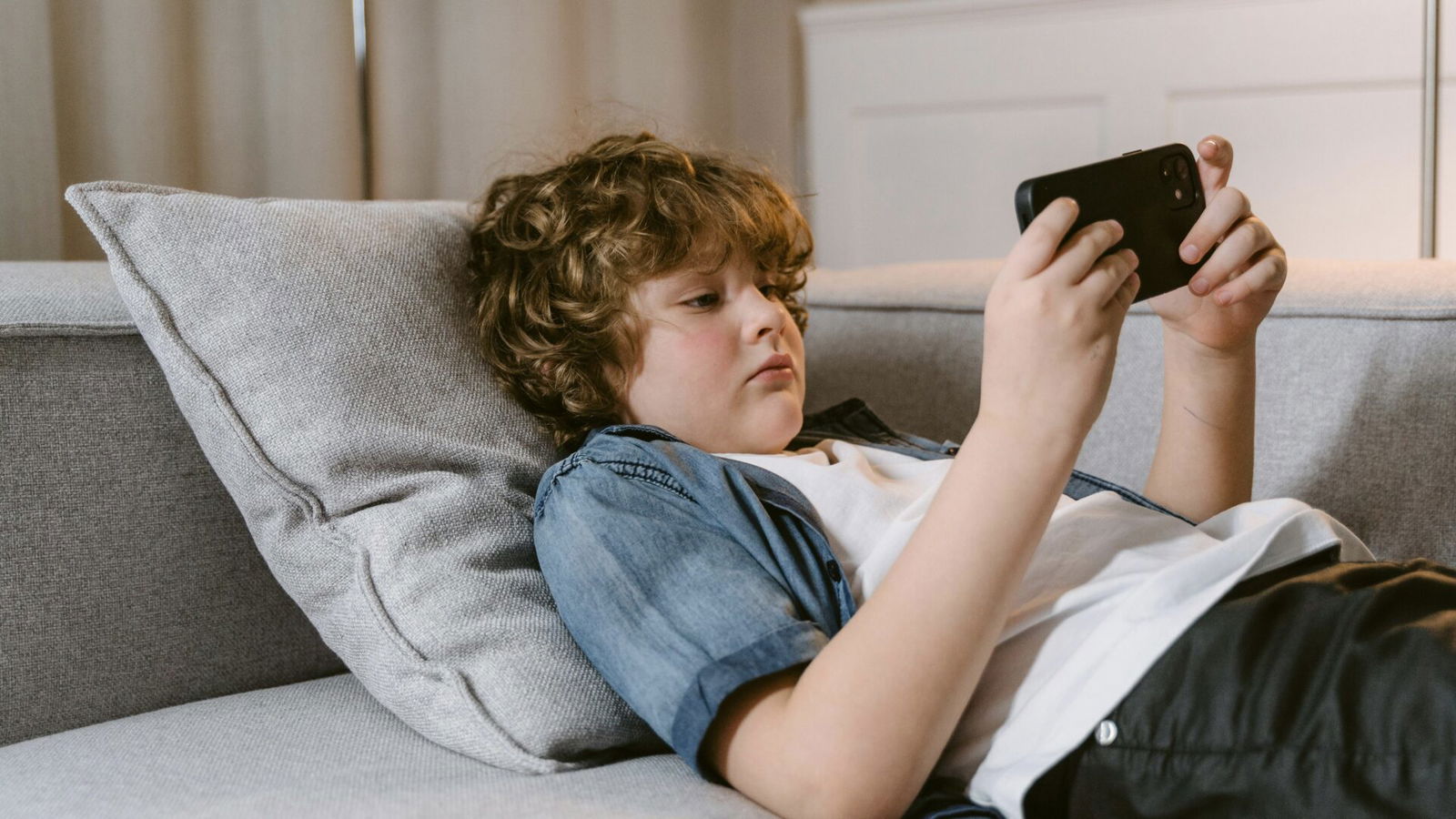
By India McCarty
Is screen time not the problem many parents think it is? A new study has found three different factors that contribute to teens’ screen addiction.
“After following over 400 teenagers for seven months, scientists found that the amount of time kids spend on social media doesn’t determine who develops problematic use patterns,” StudyFinds reported.
Instead, there are three specific psychological factors that researchers pointed to as components that could lead to social media addiction.
The first factor? “Perceived social support in real life,” StudyFinds wrote, explaining that kids who felt like they had friends and family they could turn to when they were upset about something were “significantly less likely” to develop problematic screen habits.
Another factor is the tendency to compare yourself to others. Teens who had higher “comparison tendencies” were much more likely to spend an unhealthy amount of time online.
Related: 5 Tips to Help Your Child Manage Their Screen Time
The last factor is something the researchers called “social media use intensity,” which refers to “how frequently teens engaged across multiple platforms.”
This included not just visiting social networking sites but also liking posts, as well as sending and replying to messages.
Other researchers echo this study’s findings, telling parents the amount of time your child spends online isn’t what you should be concerned about, but rather, how they feel when they spend time online.
“Those who described feeling addicted to their devices were at a significantly higher risk for suicidal thoughts and behaviors,” Zishan Khan, MD, a psychiatrist with Mindpath Health, told Parents.com. “That distinction is critical. It helps us focus on quality and function of use over quantity.”
Amy Todey, PhD, an Atlanta psychologist, told the outlet the problem isn’t simply screen time itself, but “kids’ emotional reactions and feelings of dependence — feeling unable to stop, needing more to feel good, or becoming irritable without it,” which she described as “more correlated with addiction.”
Mitch Prinstein, chief science officer at the American Psychological Association (APA), told NPR that one of the most important things concerned parents can do is “stay engaged” with what their children are looking at online.
“The more we’ve invested in connecting and the relationship with our child, the more they’re going to cooperate, the more they’re going to work with us on our expectations,” he shared.
While parents should definitely be mindful of the amount of time their kids spend online, experts agree that, in the end, there are other environmental factors parents should keep an eye on to ultimately avoid screen addiction.
Read Next: Can Screen Time Be a Good Thing? It’s Complicated
Questions or comments? Please write to us here.


 - Content:
- Content: 

